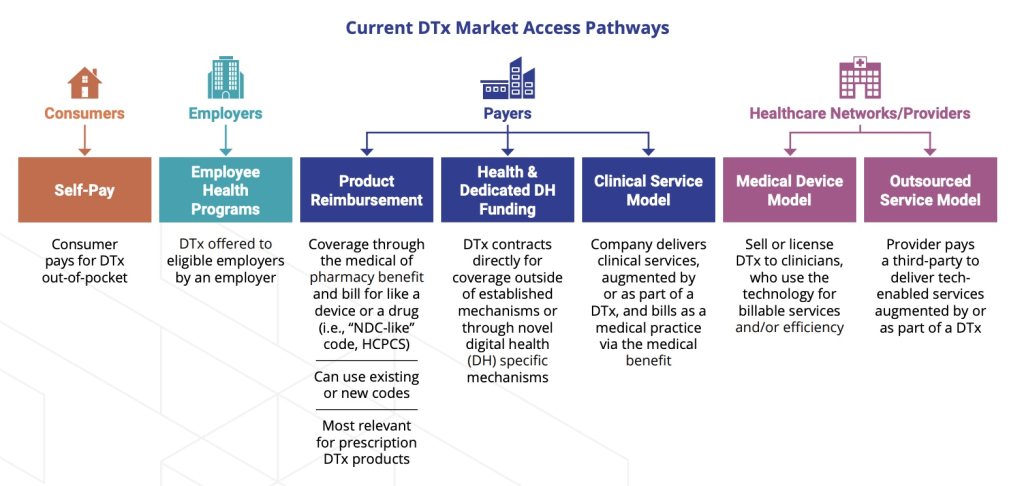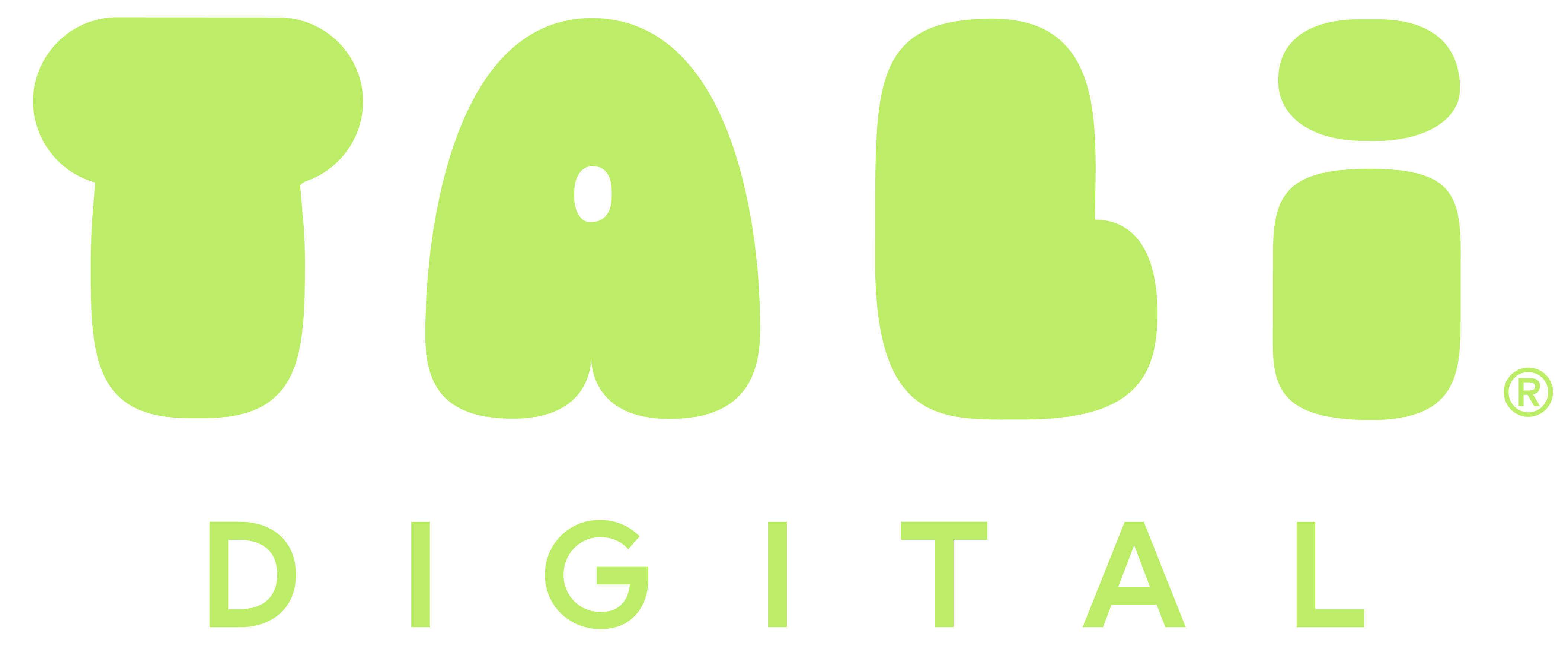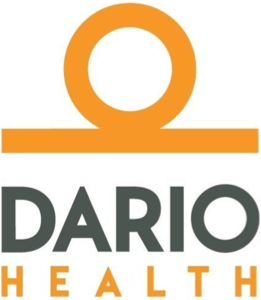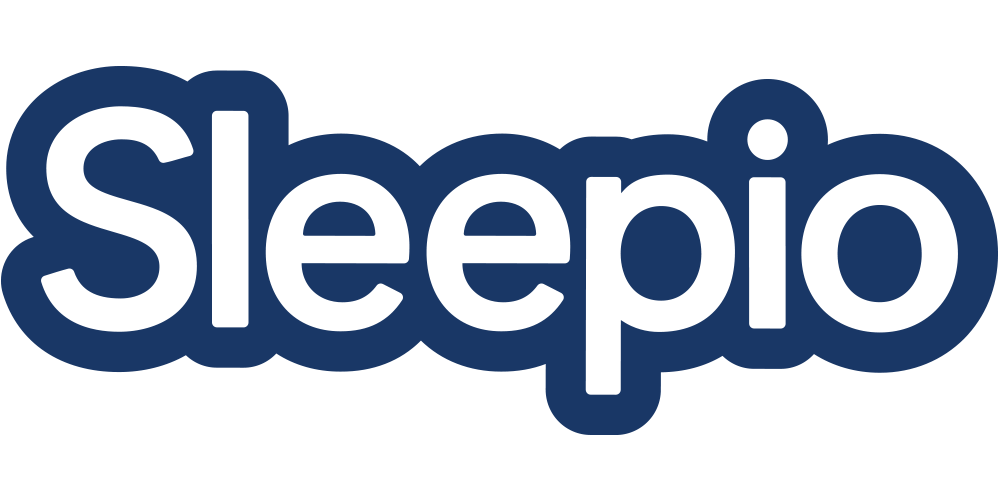Value of DTx / Clinicians
Trustworthy and Effective Therapy Options
DTx products represent a new category of evidenced-based therapeutic technologies that support clinicians in the delivery of high-quality patient care. They address a range of disease states and provide a wide variety of software-based interventions. DTx products are used independently or in concert with other medical therapies to:
- Directly impact disease state measures and clinical outcomes
- Expand access to safe, confidential, and effective medical treatments
- Provide therapies for previously un- or undertreated conditions
- Extend clinicians’ ability to care for patients
- Maximize patient engagement
- Close gaps in care
- Lower overall healthcare costs
Because of their easy accessibility, record of improving outcomes, ability to integrate into care management workflows, delivery of real-world insights, and increased reimbursement by payors, DTx products are becoming critically important tools for clinicians and their care teams.






















